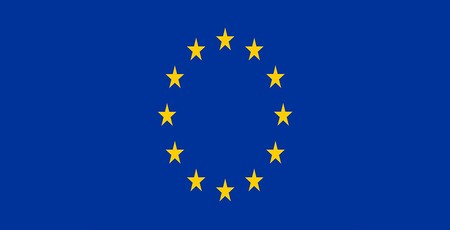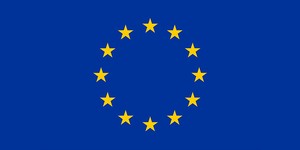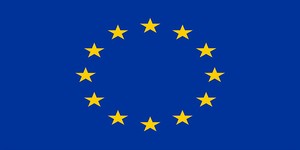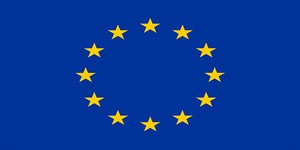European Parliament votes to accept controversial copyright amendments
September 12, 2018 | 14:26
Companies: #european-commission #european-parliament #european-union #open-rights-group

The European Parliament has voted to accept controversial copyright amendments which would require all sites accepting user input to use unproven and oft-inaccurate automated content scanning systems, despite continued warnings from technology companies and digital rights campaigners about their potential impact.
Approved by the European Parliament's Committee on Legal Affairs (JURI) back in June, knocked back in July, and scheduled for another vote today, the proposed Digital Single Market (DSM) copyright amendments come with a pair of Articles critics claim will prove disastrous for the open web: Article 11, which incorporates a 'link tax' requirement; and Article 13, which requires that all sites accepting user-submitted content use often-inaccurate automated content scanning systems to detect and block copyright material.
Despite numerous campaigns against the proposals, the European Parliament has voted to accept them as they currently stand and move forward with negotiations on how best to implement them. 'The #EU just voted to impose filters on all the text, audio, photos, videos, etc you might post. If you think this will help photographers or other creators, you don't understand filters,' writes privacy and digital rights campaigner Cory Doctorow of the vote in a Twitter thread. 'First of all: pirates laugh at filters. The most sophisticated image filters in the world - those used for state censorship in China - are trivial to evade. Anyone whose occupation is beating filters will beat filters.
'The "creators groups" who supported this batshit proposal said over and over that these technical issues would be solved once nerds were told they had to solve them. They said NERD HARDER. Their unwillingness to entertain the technical arguments, to educate themselves on the technical issues that will plague working creators and their audiences alike was absolute malpractice. They have done more to discredit copyright today than anything else in technological history. Their (ridiculous) insistence that copyright required mass censorship and surveillance to survive will be heard and believed. They've told Europe: You can have free speech, or copyright, not both. They will be believed. Make people choose, and they'll choose. My fellow artists: you will not like the choice they make. You have made piracy into a form of political protest today.'
'Article 13 creates a robo-copyright regime that would zap any image, text, meme or video that appears to include copyright material whether it is legally used or not. This is disappointing and will open the door to more demands for Robocop censorship,' adds Jim Killock, executive director of digital rights campaign organisation the Open Rights Group. 'The Directive is not yet law and could improve during trilogue negotiations. We will keep opposing these measures which will lead to legal material being removed in this way.'
European Commission Vice-President for the Digital Single Market Andrus Ansip and Commissioner for Digital Economy and Society Mariya Gabriel both applauded the vote in a joint statement: 'We welcome today's vote at the European Parliament. It is a strong and positive signal and an essential step to achieving our common objective of modernising the copyright rules in the European Union. Discussions between the co-legislators can now start on a legislative proposal which is a key element of the Digital Single Market strategy and one of the priorities for the European Commission.
'Our aim for this reform is to bring tangible benefits for EU citizens, researchers, educators, writers, artists, press and cultural heritage institutions and to open up the potential for more creativity and content by clarifying the rules and making them fit for the digital world. At the same time, we aim to safeguard free speech and ensure that online platforms – including 7,000 European online platforms – can develop new and innovative offers and business models. The Commission stands ready to start working with the European Parliament and the Council of the EU, so that the directive can be approved as soon as possible, ideally by the end of 2018. We are fully committed to working with the co-legislators in order to achieve a balanced and positive outcome enabling a true modernisation of the copyright legislation that Europe needs.'
Today's vote is not the final one on the matter: The amendments will be back up for a vote in January, following a period of negotiations between member states, but Doctorow warns that 'it's almost inconceivable that the whole #CopyrightDirective will be voted down - but so long as there's even a tiny chance we can save Europe from this lunacy, we'll fight.'

MSI MPG Velox 100R Chassis Review
October 14 2021 | 15:04








Want to comment? Please log in.